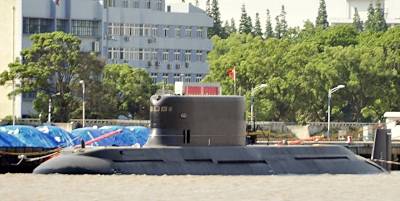WASHINGTON — Military leaders pledged this week to step up efforts to help to control pollution and preserve the sprawling Chesapeake Bay, the United States’ largest estuary and home to 68 military installations.
Navy Secretary Ray Mabus and installation commanders from throughout the watershed area met with Environmental Protection Agency Administrator Lisa Jackson, Maryland Gov. Martin O’Malley and other officials at the U.S. Naval Academy in Annapolis, Md., Aug. 25.
Mabus, the most senior defense department official at the session, called the bay restoration “pre-eminently a team effort,” and said every military facility along the watershed has an obligation to “do the things that make a difference, long-term, in the Chesapeake.”
The Defense Department is a major landowner along the 64,000-square-mile bay watershed, which includes Naval Station Norfolk, Va.; Naval Air Station Patuxent River, Md.; the U.S. Naval Academy; and Aberdeen Proving Ground, Md.
Mabus noted that every military service has a presence on the bay, and an obligation to preserve it.
“We all recognize that what happens to the Chesapeake Bay is not just a concern of the people of the Chesapeake Bay,” he told the conference attendees. “It affects our entire country.”
He outlined extensive military environmental projects each of the 68 facilities already has under way. These include stricter, environmentally friendly building standards, upgrades to sewage treatment plants, and increased use of electric and hybrid vehicles to cut nitrogen emissions and porous pavements to control stormwater runoff.
Mabus pledged that the military will continue to work with local, state and federal officials to build on these efforts.
“It’s part of our responsibility to make sure that we pass on this environment to our children, to our grandchildren and to this country in a better way than we found it,” he said. Speaking for the EPA, Jackson said military members recognize this obligation.
“I think the men and women of our armed forces understand that their duty to protect our country goes beyond weapons,” she told the group. “It goes to the resources that are our country[’s responsibility] to safeguard and protect.”
Source:
U.S. Department of Defense
Office of the Assistant Secretary of Defense (Public Affairs)

 von
von 
